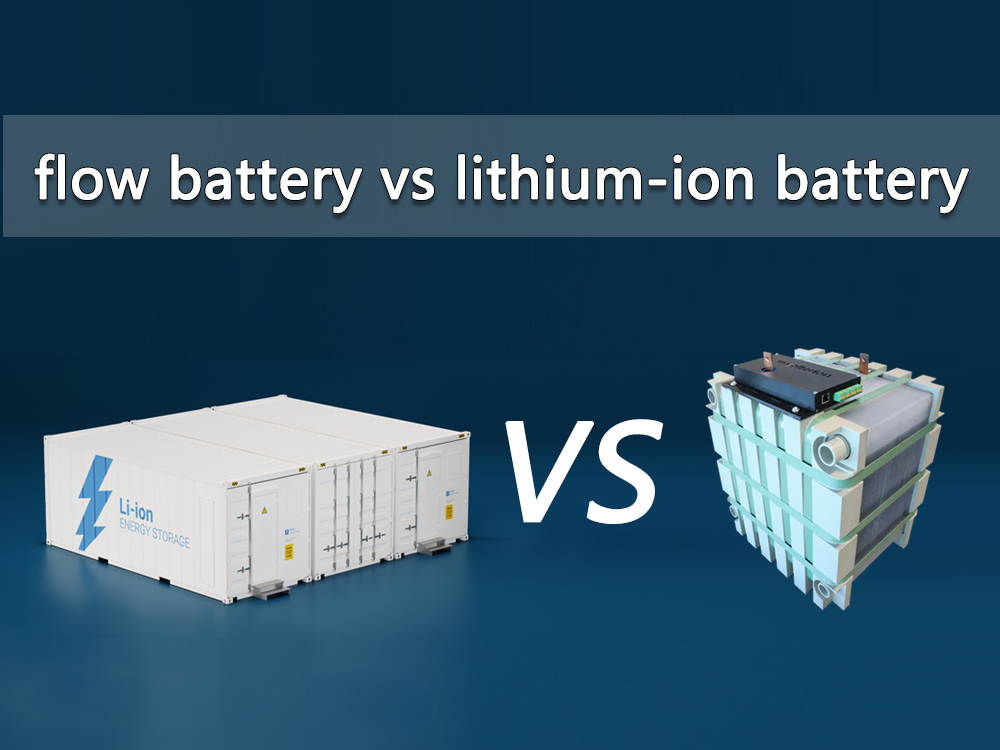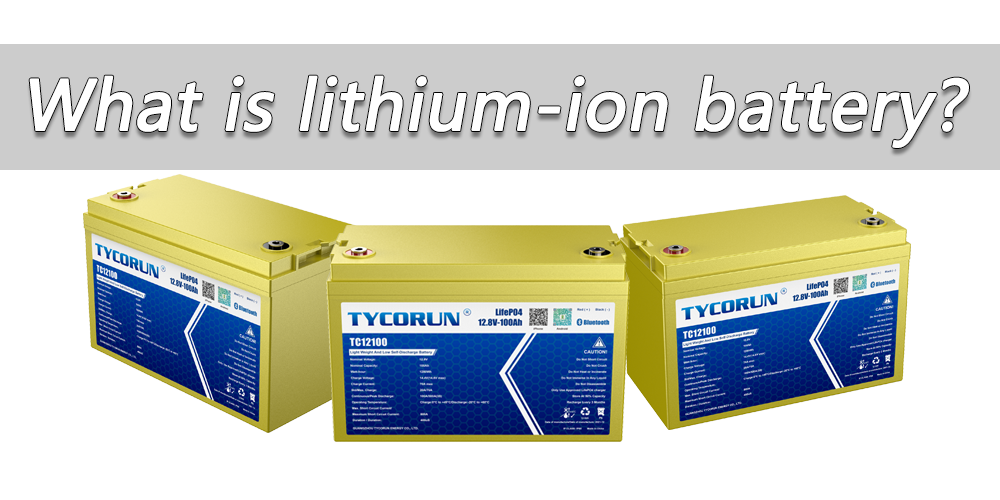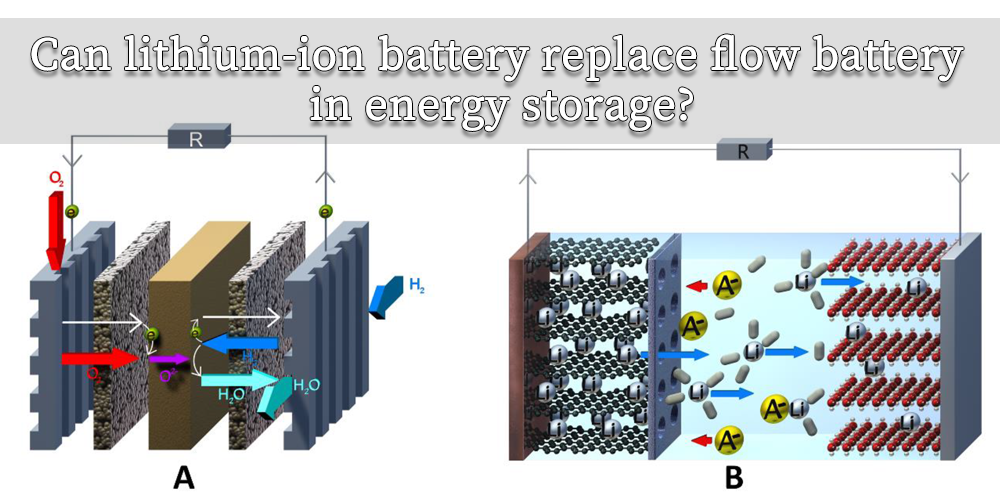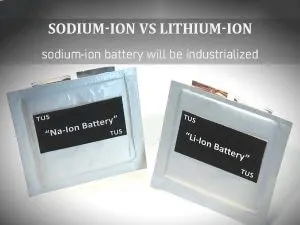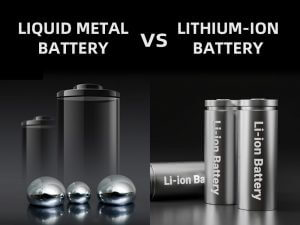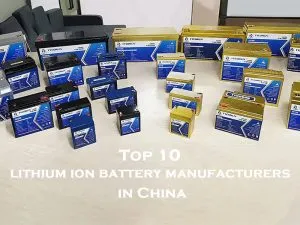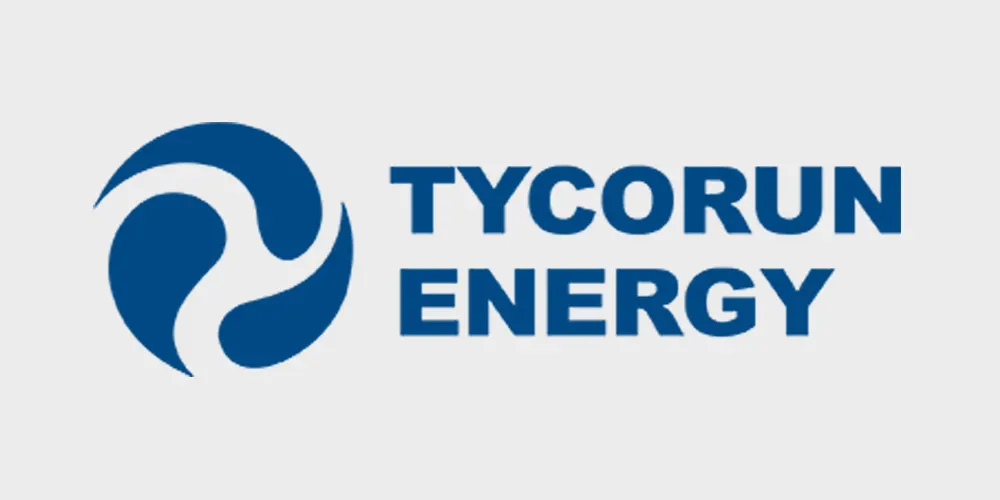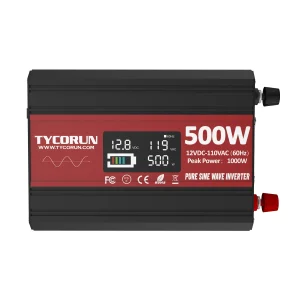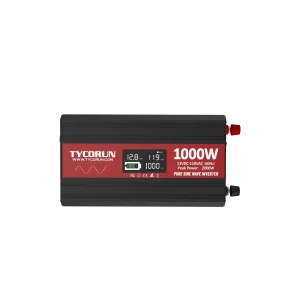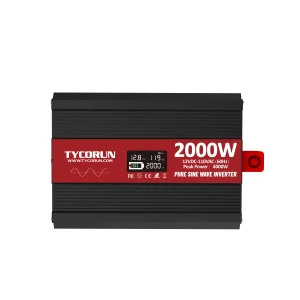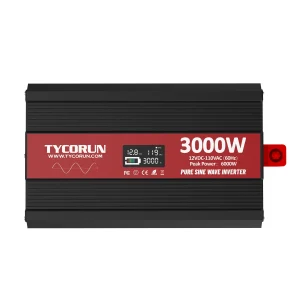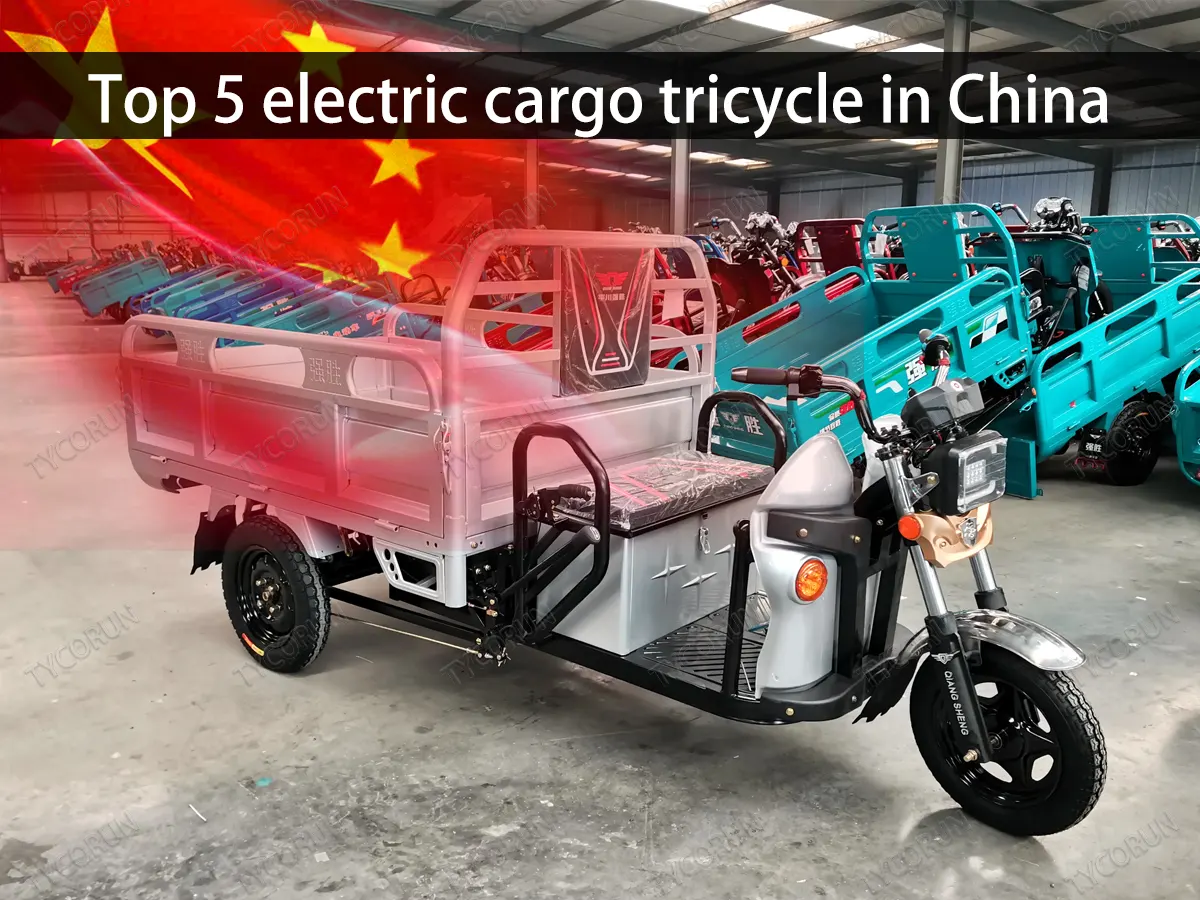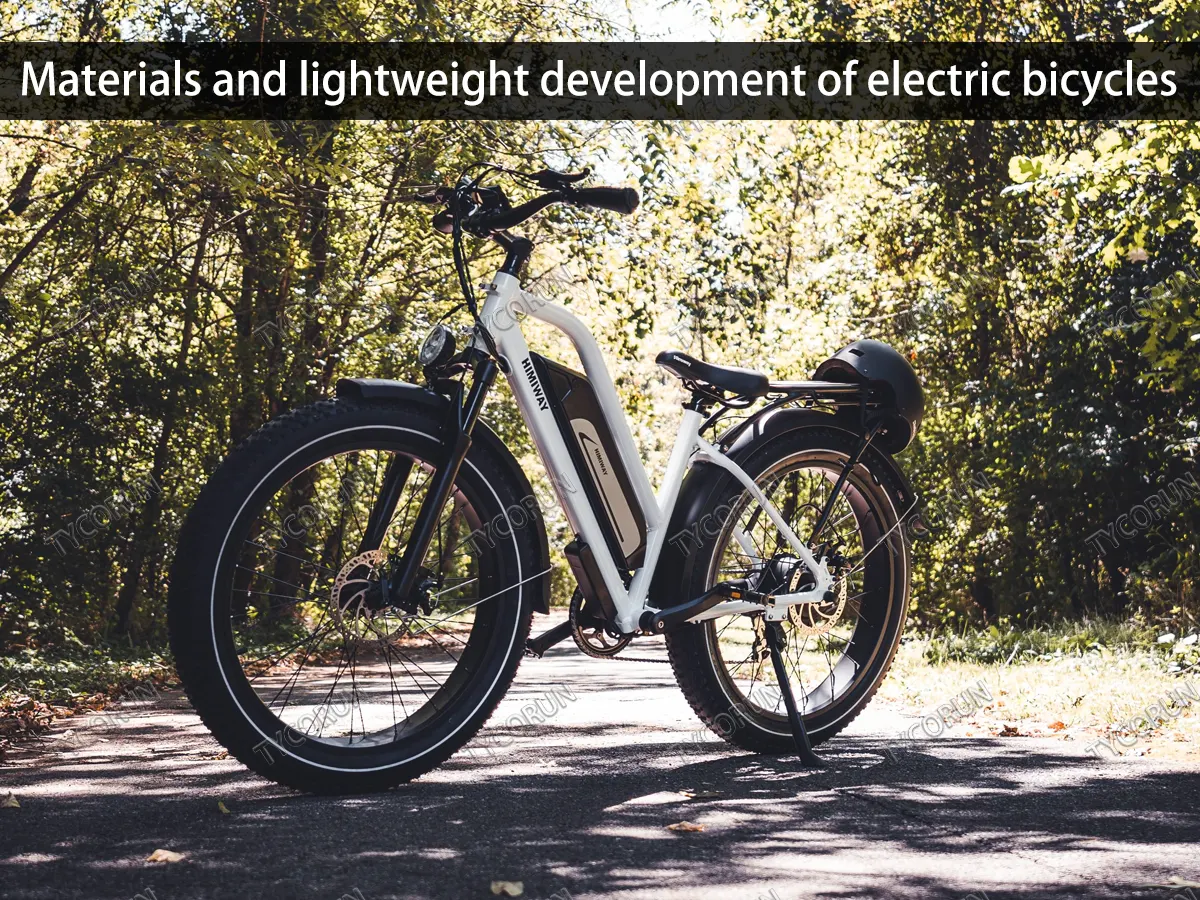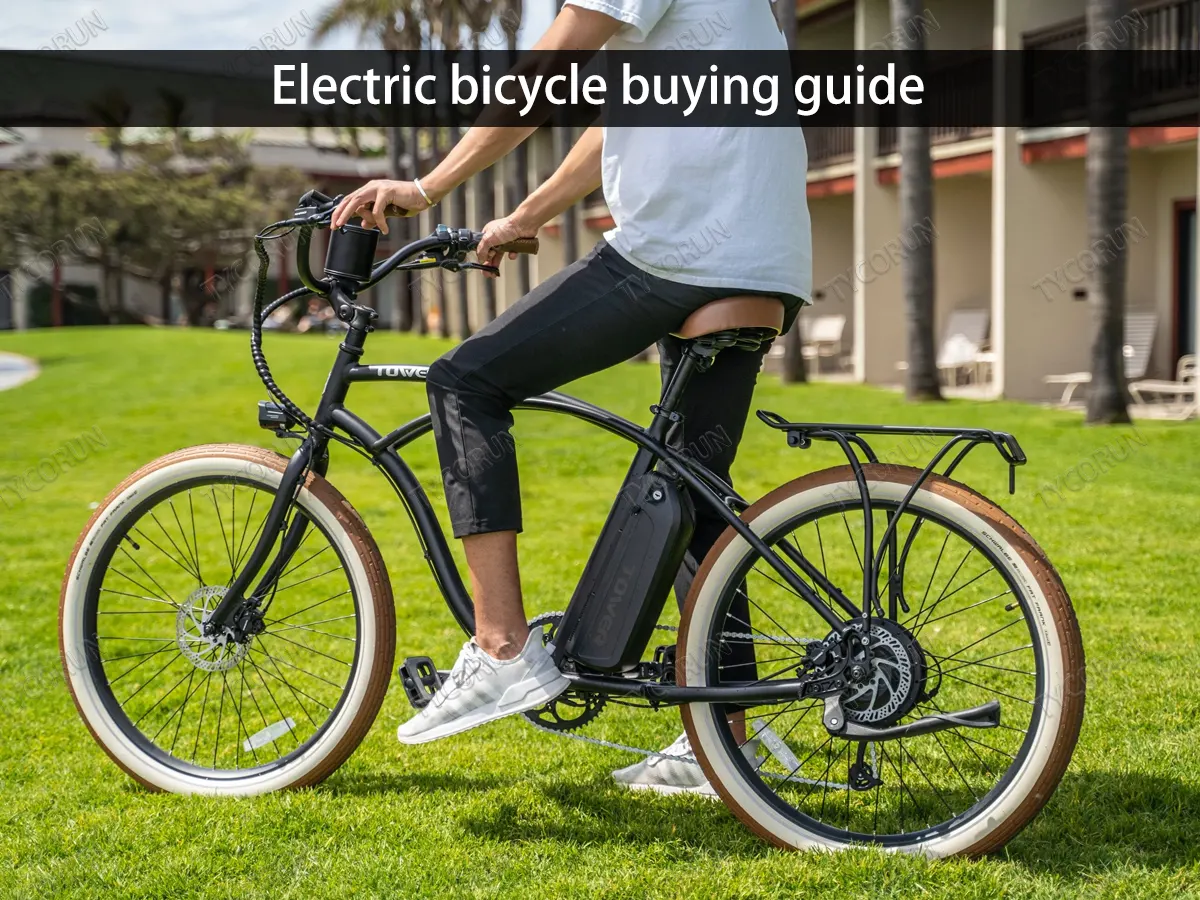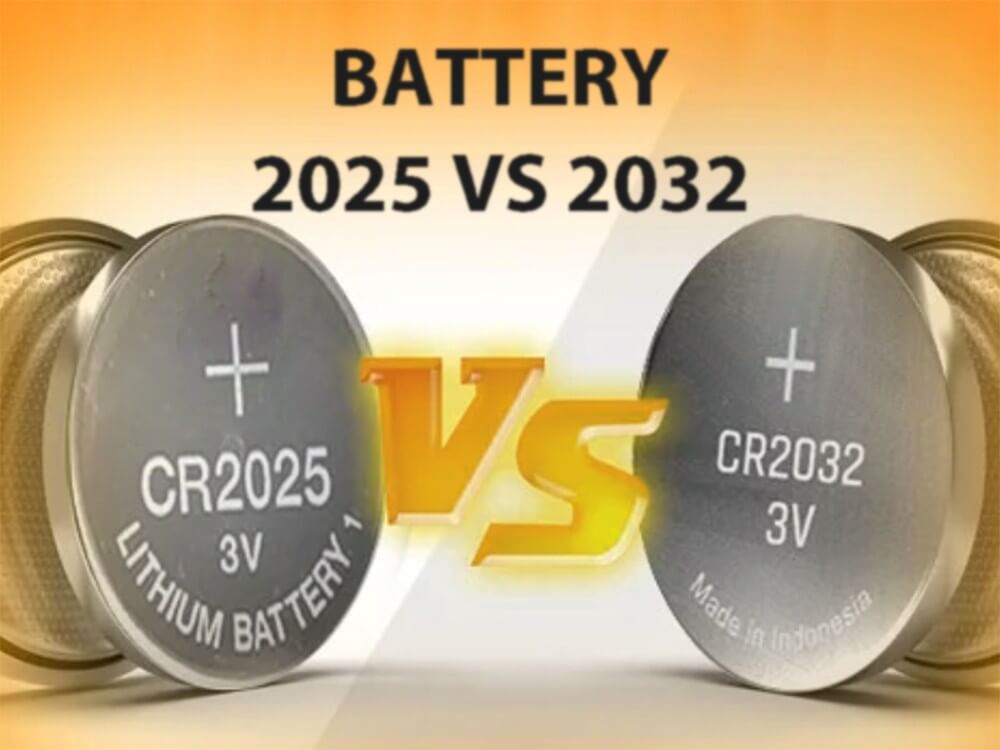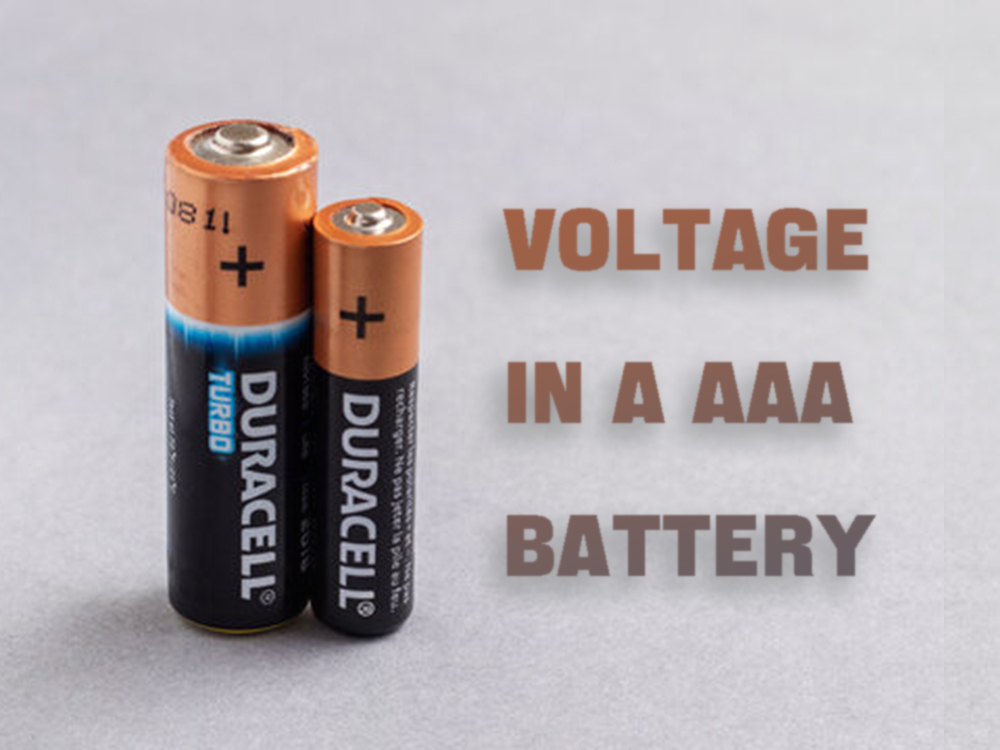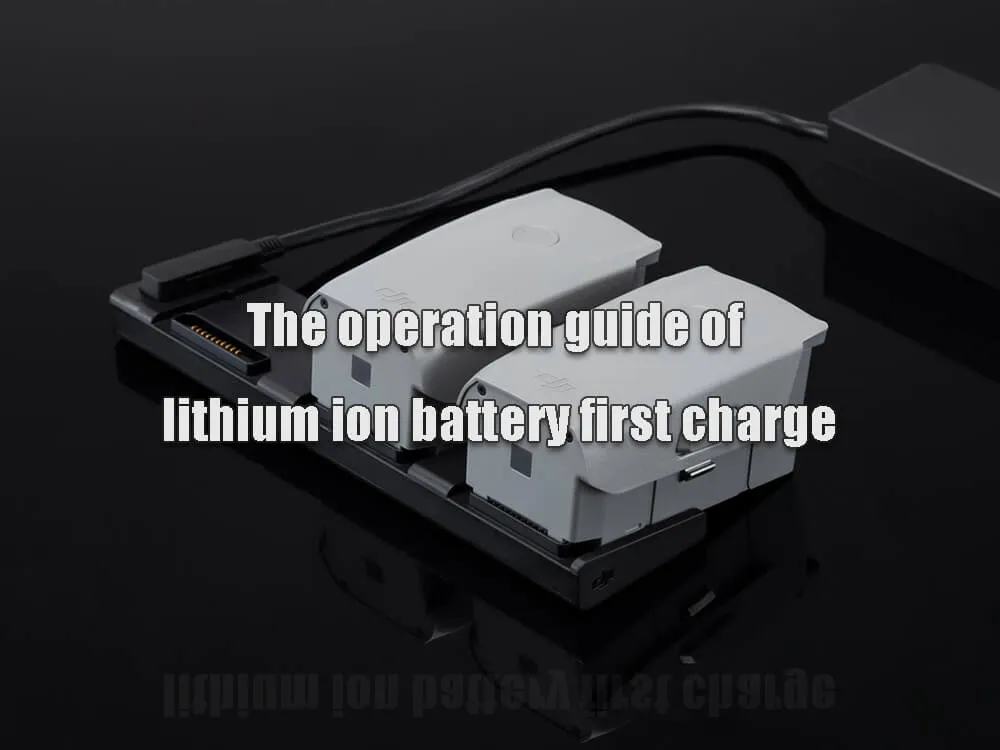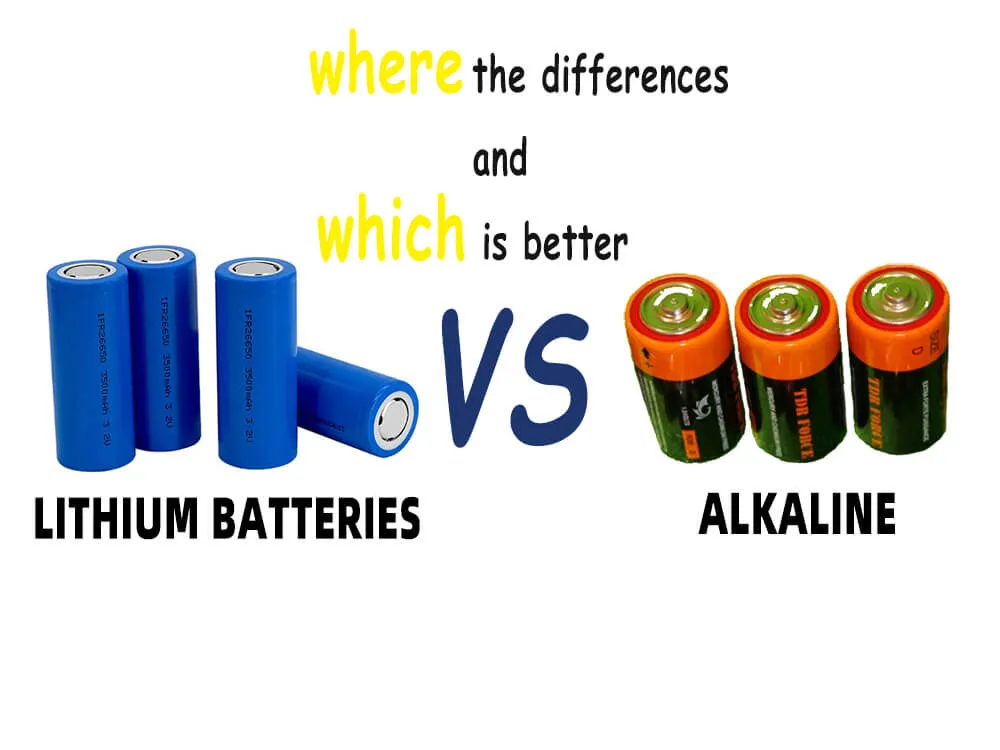In-depth understanding differences on flow battery vs lithium-ion battery

In these days, both flow batteries and lithium-ion batteries can meet the challenges of renewable energy storage issues. In the following article, you can find flow battery vs lithium-ion battery information, both technical and non-technical.
What is flow battery?
A flow battery is an electrochemical battery with a rechargeable character. It comprises two or more tanks filled with anode and cathode chemical electrolytes, and it produces chemical energy when the electron passes through the separator membrane between the electrolyte tank.
Each tank will be separated with a permeable membrane letting the electron pass through the membrane. The battery will be subject to charging and discharging when the iron transfer happens between the tanks through the membrane.
What is lithium-ion battery?
A lithium-ion battery is a rechargeable battery using lithium-ions to store energy. The lithium-ion batteries have quick charging characteristics and lithium-ion battery can be as high voltage battery, and can store high-density energy. The lithium-ions get electrically charged during the charging process and move to the anode through the electrolyte. It happens because the electrons become quickly electrical-active when subject to charge.
When a power tool is connected to the lithium-ion battery i.e. power tool batteries, the lithium atom gets ionized during power consumption and releases its electrons. The ions without any electrical properties move back to the cathode through the electrolyte, recombine with their electrons, and become electrically active while re-charging. The lithium ions can move through the permeable membrane of the anode and cathode.
Differences between flow battery vs lithium-ion battery
Now let us check the characteristic differences of flow battery vs lithium-ion battery.
Life span
Depending on the electrolyte, compared flow battery vs lithium-ion battery, the flow battery has the longer life span. It can get an extended life span because the flow battery does not use phase-to-phase chemical reactions for generating electricity storage and usage.
In a lithium-ion battery, the expected life span is a maximum of 5-10 years, depending on the charge and discharge cycle and the usage of the lithium-ion battery. If you charge and discharge a lithium-ion battery without adhering to the best charge-recharge process, its maximum life cycle will exhaust quickly. Therefore, the projected life expectancy of lithium-ion batteries depends on the charge-recharge habit of the user.
Space efficiency
While comparing flow battery vs lithium-ion battery, we can find that flow battery consumes more space because of their size. Since flow batteries use two large tanks to keep the anode and cathode electrolyte, they require a larger area than lithium ion batteries. In contrast, lithium-ion battery is small and portable because the battery structure is more compact, and the energy density is very high.
Checking the efficiency between flow and lithium-ion batteries, it depends on the usage and technology required to meet the usage. If the energy delivery is required for an extended period, then a flow battery will be ideal because it can deliver energy continuously for up to 10 hours. Flow battery will be expensive compared to a lithium-ion battery.
Safety
Safety is always important when selecting the best suitable battery technology for your project. The flow battery will have the advantage over the lithium-ion battery, as per a study of flow battery vs lithium-ion battery, because the flow battery does not use any flammable material for its battery chemistry.
Power density
Flow batteries can deliver low-density electricity consistently for long hours. Lithium-ion batteries can provide more higher power density than flow batteries.
Cost
Flow battery vs lithium-ion battery study shows that flow battery will be expensive because it requires extra accessories and plumbing to put the system in order. While lithium-ion battery does not need these additional accessories and come in ready-to-use mode.
The cost of pumps, plumbing works, and maintenance will be extra so flow batteries will cost more than lithium-ion batteries. The lithium-ion battery is a maintenance-free battery and it means that the lithium-ion battery can also save a lot of maintenance costs.
Application scenario
Flow batteries offer a good solution for energy storage issues where you need a continuous energy supply for an extended period. So, when we compare flow battery vs lithium-ion battery, the lithium-ion battery is inferior the flow battery for long term energy storage. Because of its extended energy delivery quality, it can use in electric vehicles, utility equipment that requires seamless energy requirements, and microgrids.
In addition to being used as an energy storage application scenario, lithium-ion batteries can also be used as power batteries, consumer batteries, etc.
Flow battery vs lithium-ion battery – which is better?
Both batteries have their positive and negative points, and we need to consider different aspects to consider which one is better. So, it depends on your priority and requirements of the project which one is better than the other. If you are looking for a battery that is required to deliver energy for an extended period and is safe to use, then go for a flow battery because the flow battery has the advantage over the lithium-ion battery in these two aspects.
Similarly, a lithium-ion battery is better than a flow battery if you consider space, cost and energy density. Both batteries are good at power capacity, but a flow battery can deliver power for an extended period. In contrast, a lithium-ion battery can deliver more energy for a short period.
Pros and cons of flow battery
Pros
● Can customize the power capacity requirements, customize the energy capacity requirements and customize the battery to meet specific needs.
● Electrodes are durable and stable.
● Electrodes collect only current, and there are no chemical reactions.
● Long cycle life
Cons
● Too complex system
● It required pumps
● It required a flow management system
● It requires tanks to keep the electrolyte
● High initial cost
Pros and cons of lithium-ion battery
Pros
● Quick recharging
● Stable high voltage
● High energy density
● Maintenance free
● Low self-discharging
● Low weight, easy to move around
● Available in different sizes
● Can be customized according to different requirements
Cons
● BMS required
● Cannot ship by air
Can lithium-ion battery replace flow battery in energy storage?
It is too early to say that lithium-ion batteries can replace flow batteries or vice versa. Checking the flow battery vs lithium-ion battery characteristics, we find that both batteries are used for electric power storage, but their applications differ. As per the present situation and based on the available technology, lithium-ion batteries can be used as an alternative, but cannot replace flow batteries temporarily.
What to consider when choose flow battery and lithium-ion battery?
The primary consideration is the application and for what purpose you want to use the battery. In addition, choosing flow battery vs lithium-ion battery also needs to consider the performance and characteristics of the two batteries themselves.
You could select a flow battery if you need seamless power supply for an extended period. If you are looking cost of batteries, then flow batteries will be economical because they have longer life, whereas lithium ion batteries have the limited life with 2000-4000 cycles. Again, if you need a high-density power requirement, you must use a lithium-ion battery.
Conclusion
We can understand that both have their significant advantages and disadvantages depending on their application if we compare flow battery vs lithium-ion battery. The choice of which battery needs to be based on the application scenario to choose the right battery.
In addition to discussing the differences between flow battery vs lithium-ion battery, we also compared the differences between lithium battery vs other batteries, like li-ion vs ni-mh battery, in the hope that you will get useful information.

